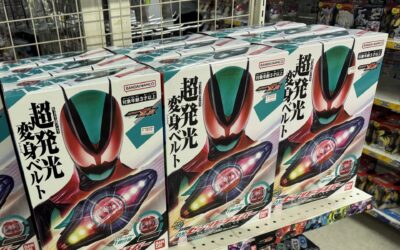In many countries, work arrangements are typically divided into three categories: Employee, Worker, and Self-Employed. However, in Japan, we have two main categories: Employment(雇用[Koyoh]) and Service Contract(請負[Ukeoi])/Delegation(委任[Inin]). Understanding these differences is crucial for IT engineers and freelancers in Japan. Let’s dive in.
Differences in Labor Categories (UK vs. Japan)
In the UK, work arrangements are typically divided into three categories: Employee, Worker, and Self-Employed. However, in Japan, we have two main categories: Employment(雇用[Koyoh]) and Service Contract(請負[Ukeoi])/Delegation(委任[Inin]).
The significant differences between Employment(雇用[Koyoh]) and Service Contract(請負[Ukeoi]) in Japan are time restraints, location restraints, and the right to command. When these are present, you should classify the person as Employment. Sometimes, a worker is employed but disguises the term Service Contract(請負[Ukeoi]).
The Uber Eats Case
Let’s take the example of the Uber Eats case. In Japan, Uber Eats drivers are currently not considered employees, which means labor laws do not protect them. However, in the US and UK, Uber drivers have been classified as ‘Workers,’ granting them certain protections under labor laws.
The Clear Division of the ‘Worker’ Category
The ‘Worker’ category tends to be defined in many countries. It is essential because it can significantly impact your rights and protections under labor laws. However, we must notice that the category doesn’t exist in Japan.
The Trade-off Between Legal Protection and Tax Implications
Wanting to be protected by labor laws is the same as being classified as an employee. If labor laws protect you, your income is classified as salary, not business. It is a significant consideration, as many people prefer their income to be classified as business income for tax purposes.
Is It More Beneficial to Be Classified as Business Income or to Join Social Insurance?
So, which is more profitable? It’s not a one-size-fits-all answer. You must consider your income level, personal circumstances, and plans.
Differences Between Japan and Other Countries
It’s important to note that the differences between Japan and other countries are not about which system is better or worse. They stem from different approaches to labor laws. It’s crucial to be aware of these differences and understand their implications to be protected and to understand your income category.




